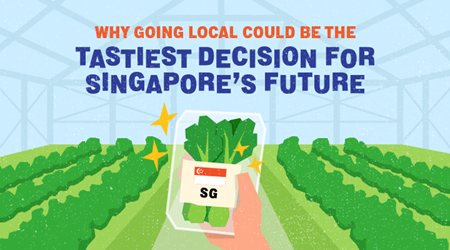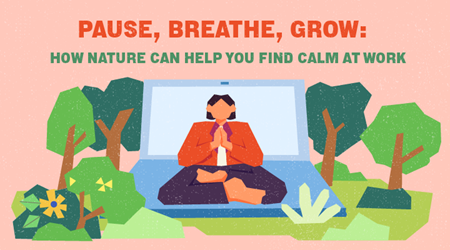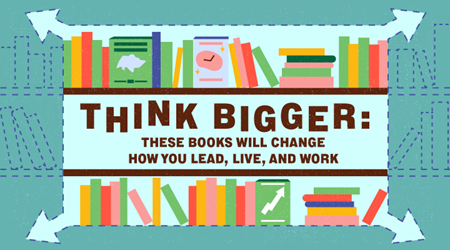From Kopi To Coffee: How Much Is Too Much?
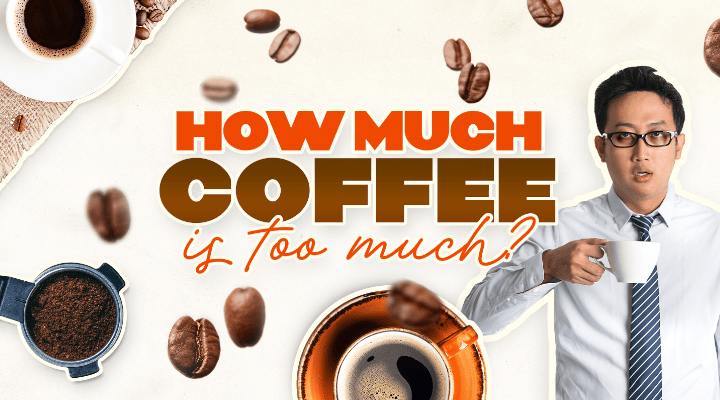
Who doesn’t like coffee? It’s a delicious beverage for a quick energy boost.
Whether it's traditional kopi, a cup of espresso or cappuccino, or half a litre blended with milk, whipped cream, and flavours Starbucks-style, it’s the caffeine that keeps us active.
Like everything, though, it should be consumed in moderation as some unpleasant side effects may replace the initial positive punch.
But how much coffee is too much?
To Kopi or Not to Kopi
All the coffee produced worldwide is derived from just two types of beans: Arabica (60% of the global production) and Robusta (40%), both of which originate from Africa.
Arabica is more acidic and contains less caffeine than Robusta, making it the preferred choice for Western-style coffees – though any blend can be used. And yes, the beans can be blended to achieve different proportions of flavour and caffeination.
Meanwhile, Singaporean kopi is typically made from pure Robusta beans, which are roasted dark. Oil or butter and palm sugar are added to counter its inherent acidity.
This gives kopi its distinctive taste, different from what you can order in an Italian café or a big foreign chain and a much stronger energy "kick". In contrast, coffee brewed with Arabica beans in Western-style coffees has less caffeine.
According to the Health Hub website, the recommended maximum daily dose of caffeine intake is 400mg.
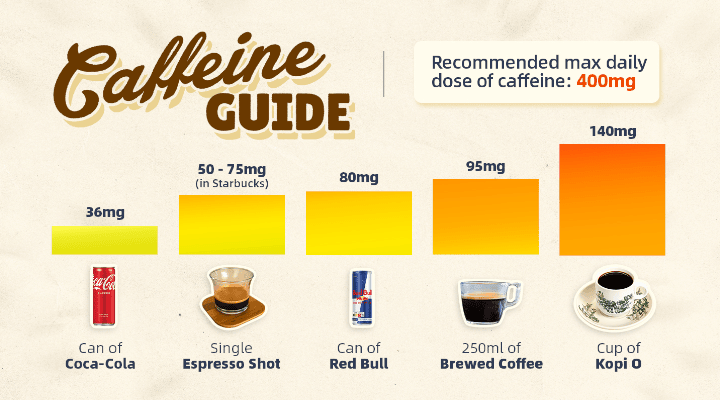
It's important to remember that coffee is not the only source of caffeine. It is also present in tea, Coca-Cola, Pepsi, and energy drinks.
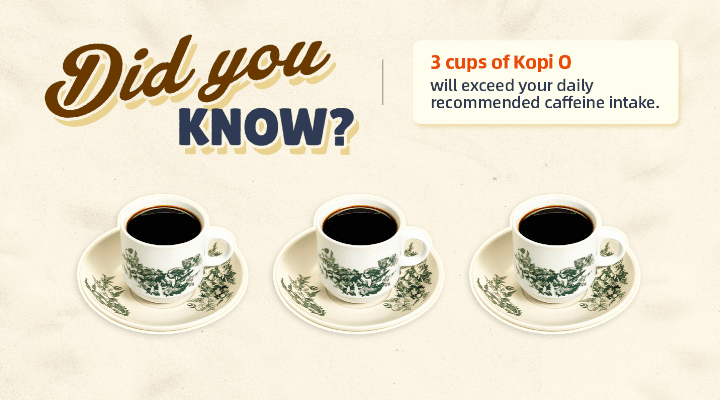
The largest drinks in popular chains like Starbucks can have multiple shots of a particularly strong espresso, bringing some of them close to the daily recommended limit for caffeine consumption.
So, be sure to ask about them if you don’t want to overdose on the potent stimulant.
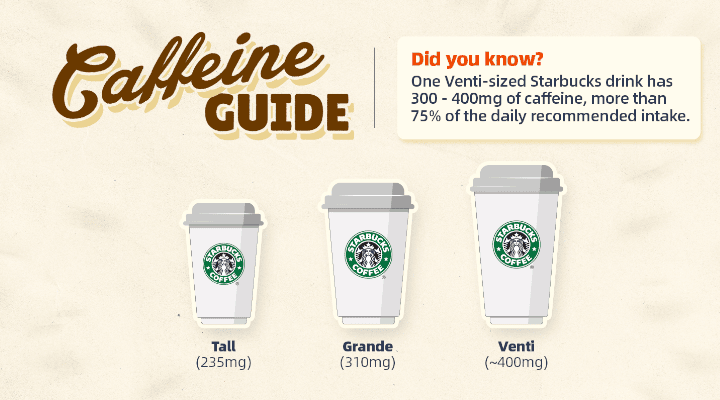
Too Much of a Good Thing
Excessive caffeine intake can have adverse effects. Consume too much of it and you may feel jittery, anxious, nauseous and risk increasing your blood pressure to unhealthy levels, causing blurry vision or headaches.
Prolonged caffeine over-consumption may create dependence, resulting in feeling more tired than usual, particularly before your morning dose.
But fear not if you’ve had too much. If you ever find yourself overstimulated, the best remedy is to drink lots of water and rest, to keep your heart rate down.
Miracle Potion
Beyond purely energising effects, other benefits of coffee include boosting our metabolism, reducing appetite (helpful on a diet) and even prolonging our lives, thanks to the wealth of antioxidants like polyphenols helping to combat free radicals contributing to ageing and the incidence of cancers.
Moreover, dark coffee has no calories on its own; it's what we add to it (milk, cream, syrups, sugar) that chalks up our calorie intake, so we can freely control how (un)healthy our drink will be.
The same recommendation applies in every other case: don't overdo it. Keep track of what you consume and keep your caffeine intake below the recommended limits.

Want to get more stories like this?
Join our Telegram channel: https://t.me/psdchallenge.
- POSTED ON
Feb 20, 2024
- TEXT BY
Alex Tan





